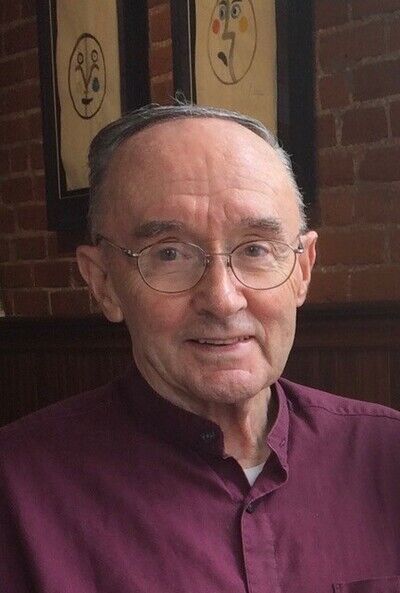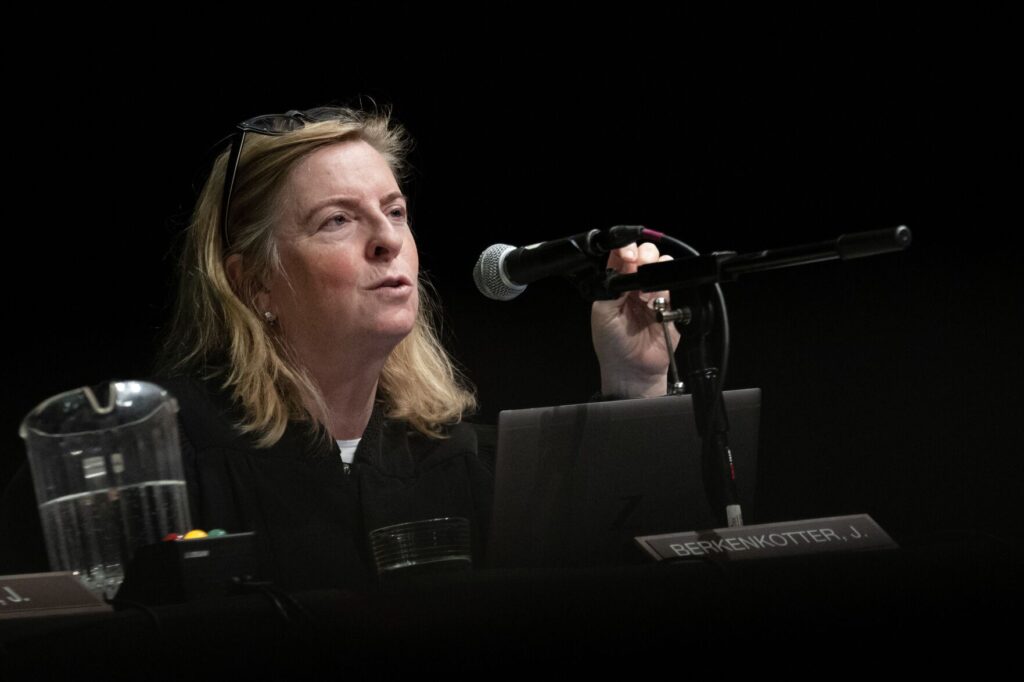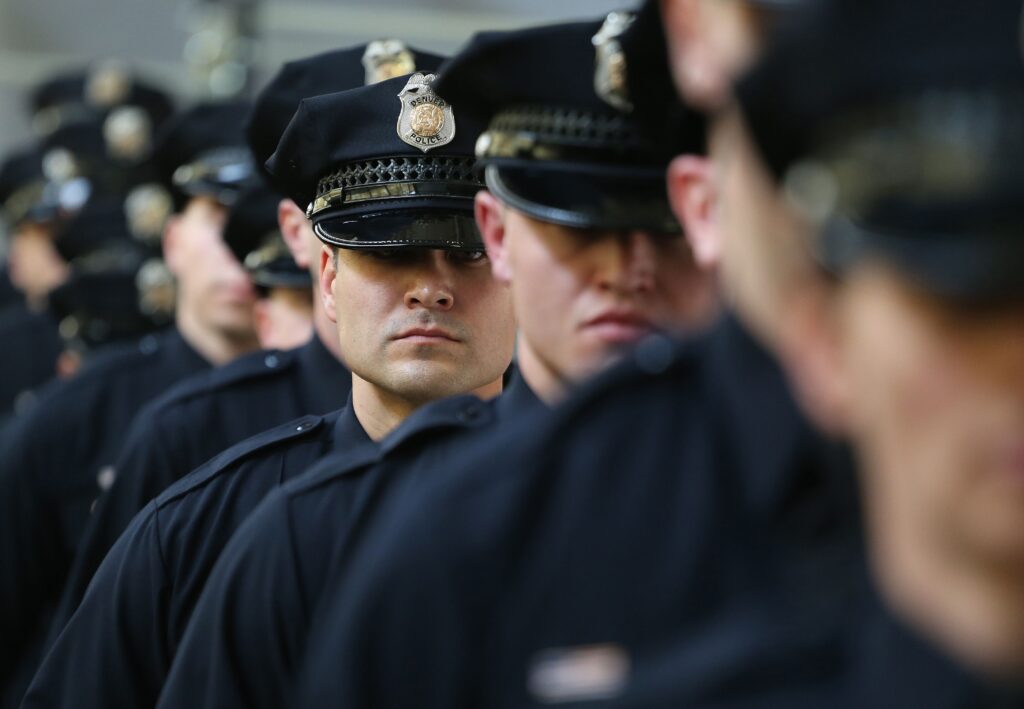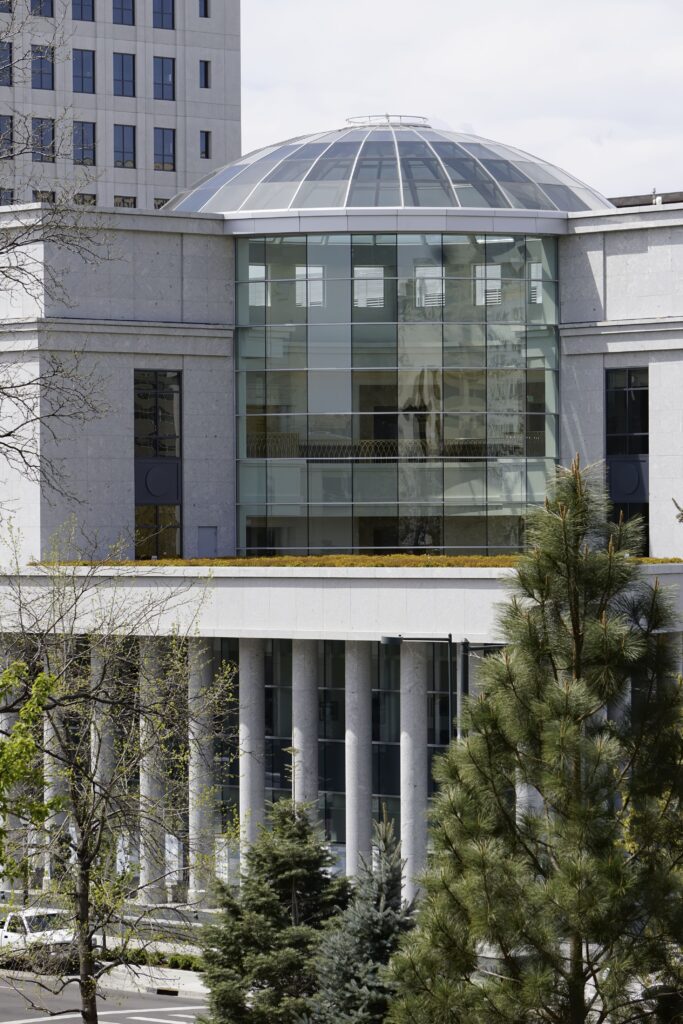Former Chief Justice Joseph Quinn dies, age 90

Joseph R. Quinn, who served as chief justice of the Colorado Supreme Court from 1985 to 1993, died on Thursday at age 90.
A criminal defense attorney and law school instructor, Quinn first joined the state’s highest court in 1980 as an appointee of Gov. Dick Lamm, and he served as a Denver District Court judge prior to that.
“I think his real love was acting as a trial court judge. He told great stories about trials, and seemed to miss the give and take of a trial courtroom,” said Marilyn Averill, who clerked for Quinn in the late 1980s.
Alan J. Canner, another of Quinn’s former clerks, recalled the justice’s meticulous preparation for oral arguments, his level-headedness and his ability to lead “softly but powerfully.”
“All opinions that the justice authored would go through painstaking cycles of editing and rewriting and further editing to produce precise – and therefore meaningful – language,” Canner told Colorado Politics. “He was adamant that no dicta (i.e., an opinion’s musings upon legal questions not directly before the court) would appear in his opinions.”
Quinn served in the U.S. Marine Corps during the Korean War, then returned to the United States to attend college. He graduated from Rutgers Law School in 1961 and moved to Denver to become a legal aide for Chief Justice Leonard V.B. Sutton.
After the U.S. Supreme Court established a right to counsel for indigent defendants in Gideon v. Wainwright, Quinn became one of the early appointees to the newly established public defender’s office.
“Despite the sixteen-hour days, he loved the job,” wrote attorneys Susan L. Foreman and Lee D. Foreman in a 1985 profile of Quinn. “Quinn had the sense that his work was on the cutting edge of the most important legal developments of the time.”
As a trial judge, Quinn issued a consequential decision in Lujan v. Colorado State Board of Education. The Chicano Education Project spearheaded the lawsuit, alleging the state’s uneven system of funding local school districts violated Colorado’s constitutional guarantee of a “thorough and uniform system” of public education. At the time, there was a 4-to-1 disparity in per-pupil spending between the wealthiest and poorest school districts.
By 4-2, the state Supreme Court reversed Quinn’s finding that the wealth-based differentials in school funding interfered with the “fundamental right” to education. The Colorado Constitution, wrote Chief Justice Paul V. Hodges in siding against the plaintiffs, “does not forbid disparities in wealth.”
The decisions Quinn authored as a justice included People v. Sporleder, a 1983 case out of Boulder County in which Quinn wrote that a woman accused of making harassing phone calls had an expectation of privacy in the numbers she dialed. Consequently, it was unconstitutional to place a monitoring device on her phone without a warrant.
Two years later, in People v. Medina, Quinn explained that the state may not forcibly give an incompetent patient antipsychotic drugs without proof that the person is a serious danger to themselves or others. A hypothetical risk of harm is not enough to justify forced medication, he concluded.
“Such a method of institutional control would be irreconcilable with the personal dignity of the individual and would render the patient’s interest in bodily integrity nothing more than an illusion,” he wrote.
“He was a great writer and took great care with his opinions,” said Averill, Quinn’s former clerk. “Several times I left a rough draft of an opinion on his desk before I left the office, usually around 6:00. When I returned the next morning, he would already have completely rewritten the draft.”
Born on Nov. 18, 1932, Quinn grew up in Elizabeth, N.J. as the eldest of three brothers. He had aspirations of becoming a Major League Baseball player as a child, and later became a fan of the Denver Nuggets and the Colorado Rockies.
Quinn is survived by his wife Olga and his children and grandchildren.
There will be a funeral mass on June 9. It will take place at 1 p.m. in Christ the King Chapel at the Gardens of Saint Elizabeth in Denver.














